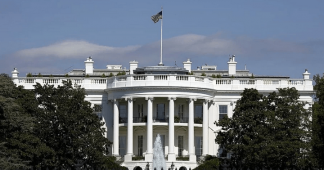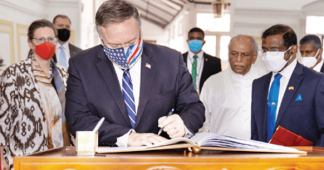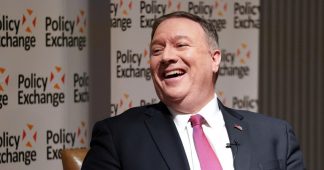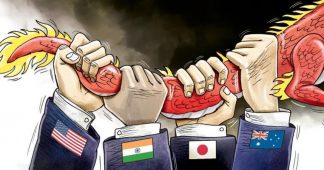By Yunus Soner
Feb. 10, 2021
The Trump Administration has declassified a basic document on its policy towards China during its last days on government, on January 5th, 2021. The National Security Council, headed by H.R. McMaster, wrote this document, titled The United States Strategic Framework for the Indo-Pacific (USSFIP), on February 15th, 2018 as a Memorandum to the US government. The document can be read here.
The document was to be declassified and presented to the public opinion by December 31st, 2043, but, as Robert O’Brien, Assistant to the President for National Security Affairs states in the press declaration, “the declassification demonstrates America’s strategic commitments to the Indo-Pacific”.

O’Brien declares that the USSFIP has guided “numerous subordinate policy frameworks and campaign plans”, such as the U.S. Strategic Approach to the People’s Republic of China, the U.S. Strategic Framework for Countering China’s Economic Aggression and the U.S. Campaign Plan for Countering China’s Malign Influence in International Organizations.
Thus, the Trump Administration declared that the Strategy outlined in the document guided its policy towards the Indo-Pacific in general and China specifically, and by declassification proposed to continue it.
The Biden Administration has in its first days already supported the strategy generally, with Secretary of State Blinken stating that Trump was right in taking a “tougher approach on China”.
The main difference between the Trump and Biden approaches will probably be abandoning the “America First” strategy of the former. With this strategy, Trump had rejected facing China as leader of a transatlantic alliance, where his government would have to make concessions to the allies in exchange for their support. Instead, Trump has for instance chosen to negotiate a bilateral trade agreement with China, with the effect that its gains benefited only the US.
Therefore, although the Trump Administration strategy document summarized below might still be guided, it will have to be actualized by the transatlantic alliance factor the Biden Administration stands for.
Still, as the document presents very valuable insight into the US government’s Indo-Pacific Strategy, unitedworld.int has summarized it.
The structure and expressions of the document are original if not otherwise indicated, and some sentences were shortened to achieve a better readability.



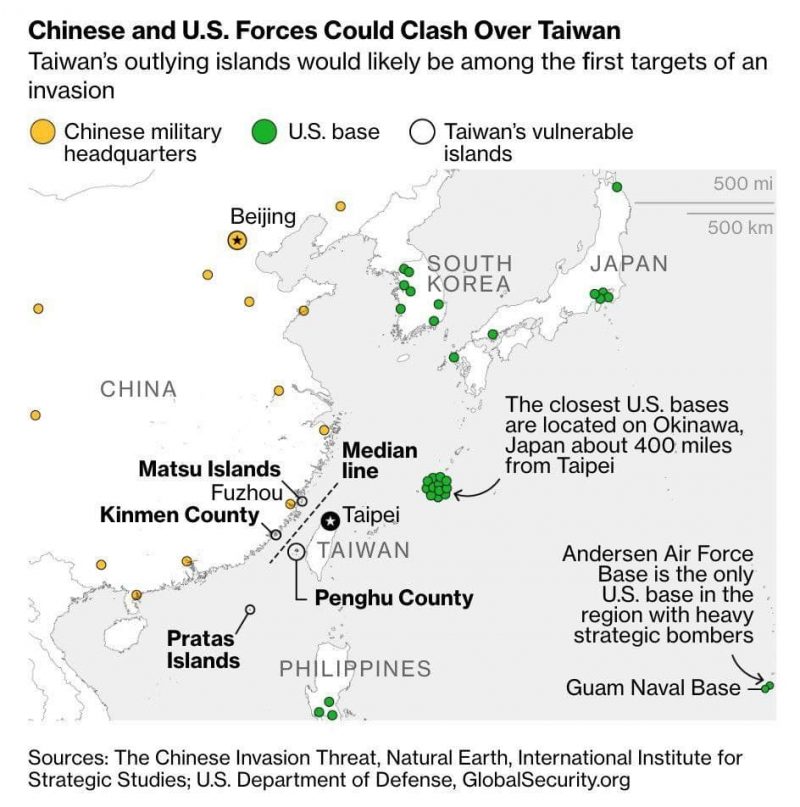


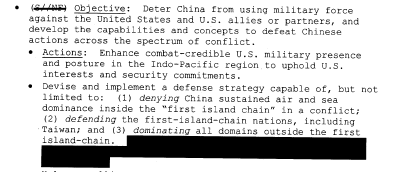
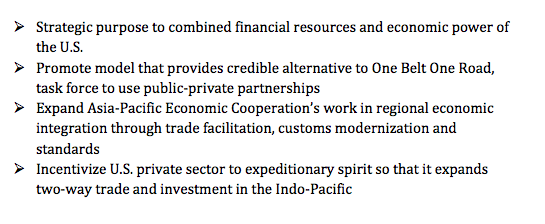
Published at uwidata.com
